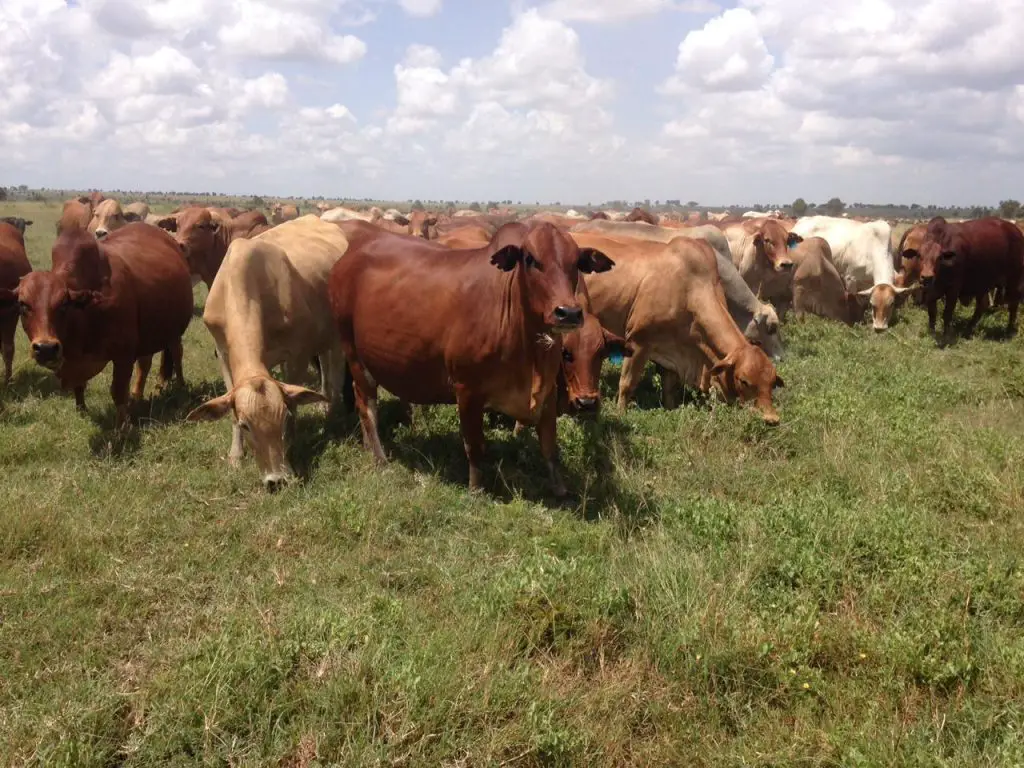- Financing will create more jobs, and reduce national expenditure on the importation of milk and dairy products. It will also improve the nutritional status of Nigerians.
- The credit scheme also seeks to reduce protracted conflict between farmers and herders as well as drive investments in the industry.
- Ministry of Agriculture says plan will improve security and foster harmonious existence between farmers and herders.
Livestock farmers across Nigeria are set to benefit from a $10.8 million credit scheme that seeks to enhance their business value chains and attract more investors in the sector.
According to the Minister of Agriculture and Rural Development, Mohammad Mahmood Abubakar, the $10.8 million credit scheme targeting livestock farmers, will be run by the Bank of Agriculture.
Mr Abubakar said Nigeria is committed to reforming the livestock sector with notable programmes such as the National Livestock Transformation Plan, and Livestock Productivity Resilience and Support Plan, among others.
Livestock value chain key for nutrition security
“The crop sub-sector has always gotten more attention because it comes with food security but nutrition security is the other nutrient that would complement the grains otherwise you will have a different kind of growth,” he noted.
Abubakar said $10.8 million in the Bank of Agriculture will significantly boost the livestock sector. “The bank is being recapitalised and so more money will be coming to the bank,” he said.
The scheme will bring stability and accelerate development in the livestock sector. It will also improve security and foster harmonious ties between farmers and herders.
The Bank of Agriculture Managing Director Alwan Ali Hassan said the lender has received funds and will finance the livestock value chain better.
“The modality in giving out the loan is going to be exactly as enshrined in loan conditions. We have set rules for giving out loans, which are governed by the Central Bank of Nigeria regulations and also regulated by the bank and financial institutions body,” he noted.
He added that depending on the value chain adopted, interest rates would start from nine percent up to 15 percent. “That means it depends on the risk factor of the business you are going into,” he said.
Loan targets individual livestock farmers
Mr Hassan noted that the loans were not intended for associations but rather individuals. “All that the association has to do is to introduce their members,” he stated.
The fresh financing plan comes on the backdrop of the 2023 World Milk Day celebrations themed; Sustainable Dairy: Good for Planet, Good for You.
Nigeria’s Federal Executive Council approved the National Dairy Policy to enhance livestock farming by ensuring a stable and sustainable dairy sector. The policy also seeks to reduce protracted conflict between farmers and herders as well as drive investments in the industry.
Read also: Oil-rich Angola joins insurer ATI, pays $25 million in fees
Abubakar stated that the policy would create more jobs, reduce national expenditure on importation of milk and dairy products and improve the nutritional status of Nigerians.
The Minister added that the policy would provide an enabling environment for increase in milk production, processing, distribution and consumption and earnings of the livestock farmers.
Nigeria big importer of dairy products
“The Ministry with Developmental Partners will use the opportunity of the event to showcase her achievements in milk production, collection, processing and transportation. It will also enlighten Nigerians on achievements of National programmes on Pasture Development, Animal Feed and Feed Security, Breeding and Conservation, Dairy Development, among others under the National Livestock Transformation Plan (NLTP),” he said.
Despite its huge potential for livestock value chain, Nigeria spends between $1.2 billion and $1.5 billion a year importing dairy products.
Nigeria’s annual milk production is estimated at 500,000 tonnes while the annual local demand for milk stands at an average of 1.7 million tonnes.











